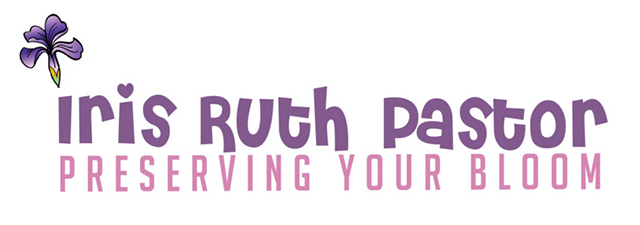I’ve been thinking lot about the subject of loss lately – all around me there are people I know who have lost their homes due to Florida’s two unwanted visitors: Helene and Milt.
And, of course, the election is just days away. And someone will win and someone will lose – even if the results are contested.
Loss is hard.
One of my all-time favorite authors, Judith Viorst, wrote extensively on this subject in her book Necessary Losses. She notes that the way we cope with loss defines the way we live because loss is inevitable and essential for us to grow personally and develop fully.
I embrace that.
Loss is a part of life – no one escapes it.
Coming to terms with loss is essential, Viorst points out, as is acknowledging the concurrent grief that accompanies loss and working through that emotional response. And then, though it may seem counter intuitive, loss, Viorst adamantly stresses, actually allows us to be more appreciative for the blessings we do have.
Resilience is the bedrock of our ability to recover and adapt in the face of this adverse condition.
Unsurprisingly, a good sense of humor helps – lightening the mood and providing a different perspective – when immersed in the grieving process of loss.
I can’t count how many times in the last couple of weeks I have repeated silly quips to my friends and relatives who have experienced the wrath of Florida’s back-to-back hurricanes. And every time, I witnessed a smile.
Here’s a few:
Why are resilient people like good coffee? Because they can stand the heat and still come out strong
What do you do when life gives you lemons? You make lemonade and then add vodka for good measure.
What’s the definition of resilience? Hitting the snooze button on life’s challenges and then getting up again like nothing has happened.
One of the primary reasons resilient people can adapt to changing situations and conditions is that they are flexible in their thinking and outlook and they embrace change. Doing so leads them to being open to new ways of thinking – especially in the face of loss.
Hillary Clinton, after losing the presidency in 2016 to Donald Trump, is a prime example of this approach – an approach which can lead to innovative solutions for recovery. However, before that sea change, she had a lot to deal with regarding her defeat.
In her book something lost, something gained, she admits to her great anger about how she lost the election.
At an event shortly after the election, a retired senior FBI official came up to her and apologized for how the FBI mishandled the investigation into her e mails and how sorry he was that he hadn‘t stopped Jim Comey, the FBI director, from trashing her in public just days before the election.
Hillary Clinton stared at him for a minute, trying to contain her anger.
Finally, she said, “I would have been a great president and walked away.
“It wasn’t easy,” she states, “to accept I would never serve as president. But I kept busy, trying new things, cultivating new dreams. I kept going and kept learning and stayed open to new experiences and new ideas.”
And one of her new experiences was becoming a major producer of a show now on Broadway called “Suffs” – a musical focusing on the women’s suffragist movement during the early 20th Century.
And, not surprisingly, the play echoes the importance of perseverance and resiliency as women from diverse backgrounds and experiences fought valiantly for the right to vote.
Here’s a bit of the opening song to give you a taste of how uplifting new directions can be:
https://www.youtube.com/watch?v=ImFUUwwAeKQ
What can we learn from Clinton’s experience?
We keep going in spite of the fact that “progress is possible, but not guaranteed.”
And that’s what it’s all about.
Keep Preserving Your Bloom,

